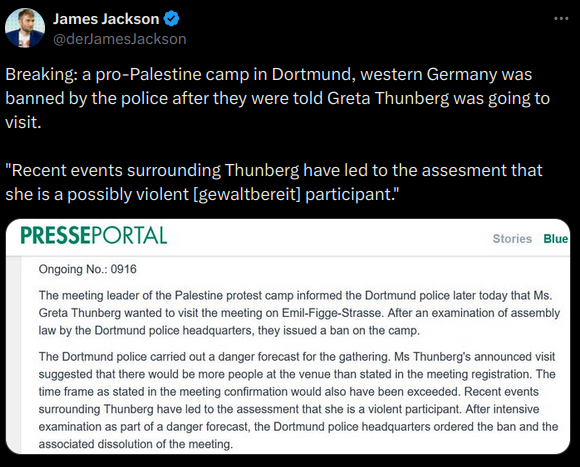An 80-year-old man from Leipzig stands accused in Berlin of killing a Polish man in cold blood at a border crossing in 1974 on the orders of the former East German secret police, the Stasi.
The already-delayed case reopens on Friday at the Moabit criminal court in Berlin and is thought to be entering its final stages.
In May, when the verdict was originally scheduled, the court announced additional trial dates through August.
It said complications like new information from Stasi archives about the Berlin Friedrichstraße train station border crossing between East and West Berlin, where the killing took place, and the possible need to arrange another historical expert witness were among the reasons for the extension.
"One problem with the proceedings is that we have gaps in our levels of knowledge," presiding judge Bernd Miczajka lamented at the time, appealing to the Stasi archives in Berlin to provide more information about operations at the border crossing.
What happened at the time?
On March 29, 1974, 38-year-old Polish man Czeslaw Kukuczka was shot in the back from close range at the busy Berlin Friedrichstrasse train station border crossing between communist East and democratic West Germany in broad daylight.
It was one of the more high-profile of the many killings around the area of the Berlin Wall during the Cold War.
Kukuczka had been trying to flee to the West as he had relatives in the United States. He had threatened to set off explosives in the embassy of the communist Polish government in East Berlin unless he was granted safe passage, although it later transpired his briefcase did not contain a bomb.
He was given the necessary documents and escorted to the border but was not aware his apparent permission to leave was a trick.
Prosecutors in the case cited witness testimony from a group of West German schoolgirls who said they saw a man in a raincoat and sunglasses shoot him as among the new evidence enabling prosecution. The girls were part of a group on a school trip from Hesse in western Germany.
Kukuczka's children and his sister are co-plaintiffs at the trial. Poland had also put out a European arrest warrant for the defendant in 2021, but Germany had said its legal system would deal with the case. Charges followed in 2023.
Why did it take so long to go to trial?
Although the killing itself was well documented on both sides of the Berlin Wall at the time, information about the shooter was not.
While the East German Stasi is well known for its vast archiving of information, it was also very prone to leaving incriminating information out of its records, at least directly.
Research by historians in the Stasi archives decades after the killing had shed more light on the likely shooter and how the orders for the killing came about.
They found high-level East German citations being given both to the defendant and another now-deceased man, who prosecutors say gave the order to kill Kukuczka, with the stated reason of them preventing a border crossing on the exact date of the murder.
Investigators at first unconvinced if statute of limitations applied in Germany
The case has been plagued by doubt about whether the defendant can still be tried 50 years after the fact.
Only the German legal equivalent of first-degree murder in the US has no statute of limitations and can always carry a life sentence, typically no less than 15 years in prison.
In order to demonstrate this, the prosecution will be required to show not only that the defendant killed Kukuczka but that the killing was "heimtückisch" in German. This word could be translated as "insidious," "treacherous" or "malicious," or roughly as "killing in cold blood." The wording of this law, which dates back to the Nazi era, is itself contentious in Germany.
The prosecution has argued factors including the nature of the killing, with the man allegedly deceived and then shot in the back, met this definition.
Were the case ultimately deemed a lower-level homicide from the defendant's perspective, as prosecutors in Germany once suspected it to be, it would no longer be prosecutable.
msh/sms (dpa, epd)


